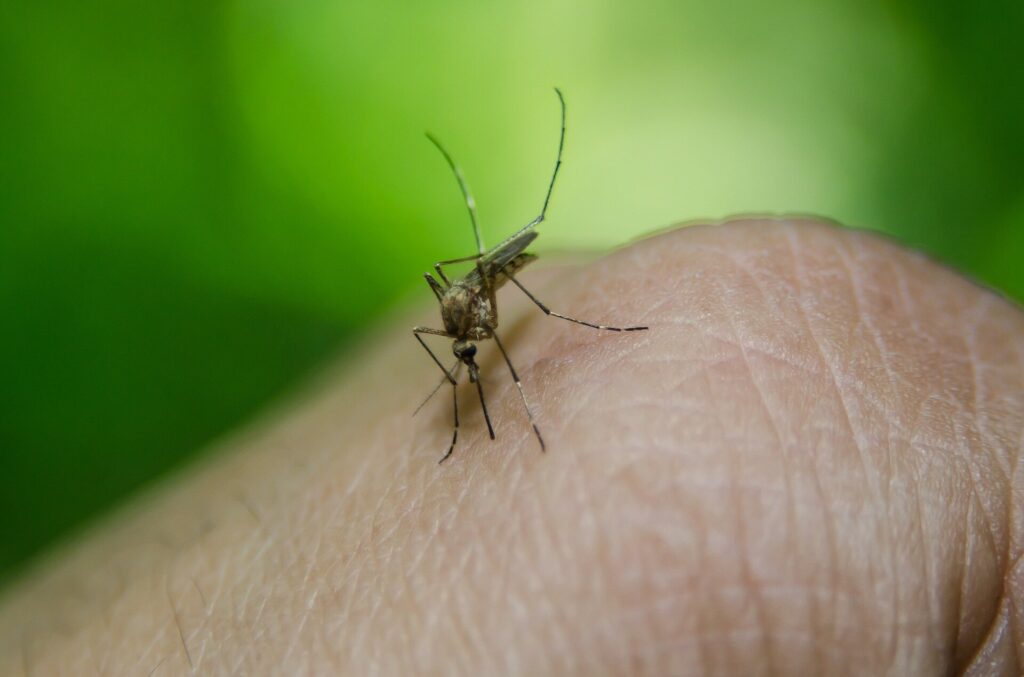
Malaria deaths are projected to rise significantly this year due to sweeping cuts in foreign aid, warned Peter Sands, the head of the Global Fund to Fight AIDS, Tuberculosis, and Malaria. The Geneva-based NGO, which plays a pivotal role in combating major infectious diseases, highlighted the urgent need for continued financial support during a press briefing on Wednesday.
The announcement comes amid turmoil in the global aid sector following U.S. President Donald Trump’s abrupt decision to slash foreign aid budgets upon his return to office in January. The United States, historically the largest donor in international aid, has set a precedent that several other countries have since followed, further exacerbating the financial strain on global health initiatives.
Impact on Malaria Control Efforts
“On malaria, there has been a significant impact on the funding of all key tools in the fight against transmission,” Sands stated, emphasizing the critical nature of the situation. He noted that existing funding gaps have become more pronounced, threatening the progress made in recent years.
Africa, which bears the heaviest burden of malaria, is experiencing a stall in progress due to a confluence of factors including climate change, increased conflict, drug and insecticide resistance, and now, funding shortages. Malaria, transmitted by specific mosquito species, is responsible for approximately 600,000 deaths annually, with pregnant women and children under five being the most vulnerable.
“There were funding gaps across all these things before. Those funding gaps have become more acute,” Sands added.
Projected Increase in Malaria Deaths
Sands cited a study by the Roll Back Malaria initiative, which suggests that there could be over 100,000 additional malaria deaths this year as a direct consequence of reduced funding. This alarming projection underscores the potential long-term impact on both disease control and research efforts.
According to Sands, the Global Fund is in the midst of a critical fundraising cycle, seeking to secure 15.4 billion euros ($18 billion) by the end of November for its next three-year period. The funds are essential not only for maintaining current programs but also for advancing research and development of new tools to combat malaria.
Figures for 2025 are not yet available, but Sands said he expected “an increase in the number of children dying of malaria this year in part due to the reductions in funding.”
Broader Implications and Future Outlook
The move represents a significant setback in the global fight against malaria, a disease that has seen substantial progress in recent decades. The Global Fund’s efforts have been instrumental in saving millions of lives, and the potential shortfall in funding could reverse these gains.
Looking forward, the Global Fund aims to save up to 23 million lives between 2027 and 2029 if the necessary funds are secured. This ambitious target reflects the organization’s commitment to eradicating malaria and other infectious diseases, despite the current financial challenges.
Meanwhile, the international community faces a critical juncture, as continued investment in global health is essential to prevent a resurgence of diseases like malaria. The Global Fund’s call for renewed financial commitment serves as a stark reminder of the interconnectedness of global health and the need for sustained international cooperation.
The implications of these funding cuts extend beyond immediate health outcomes, potentially affecting research, innovation, and the development of new interventions. As the Global Fund and other organizations navigate this challenging landscape, the world watches closely, aware that the stakes are higher than ever.






